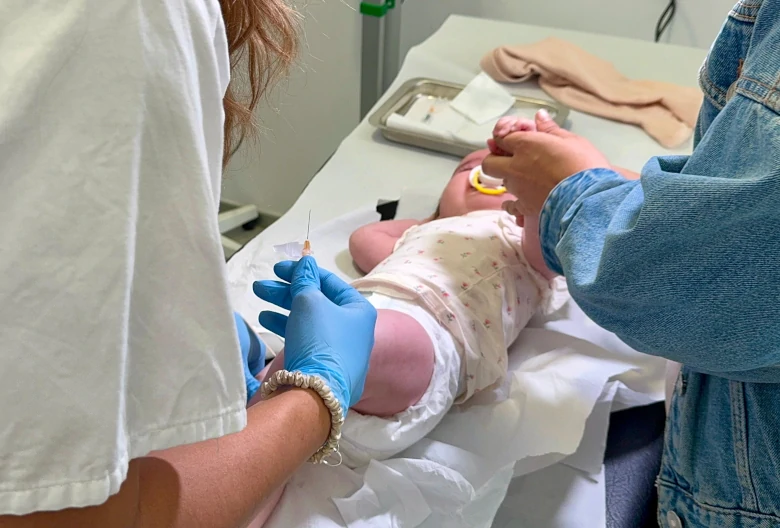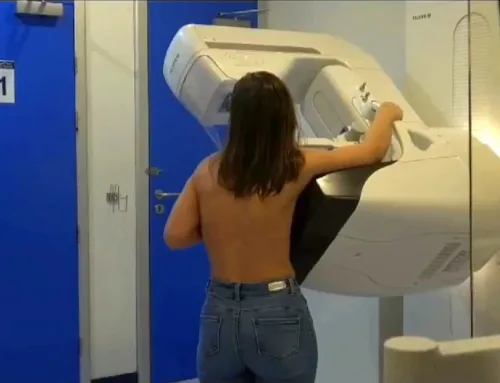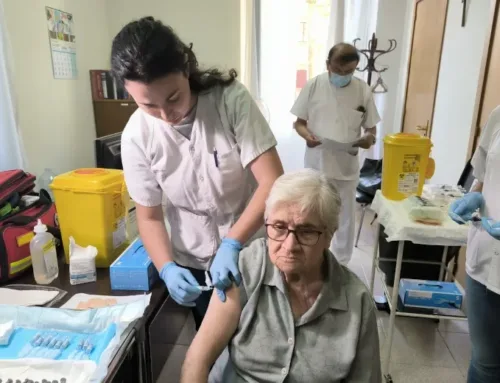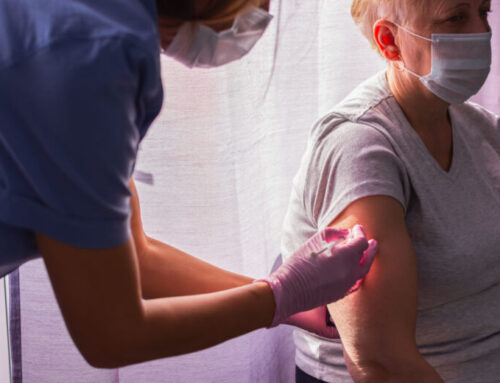In 2023, the cases of mumps in Balearic Islands decreased by 50.94% compared to 2022, dropping from 53 to 26 diagnoses, according to data from the Directorate General of Public Health. This figure marks one of the lowest incidences in the historical series since 1990. The MMR vaccine, which protects against mumps, measles and rubella, remains crucial for prevention.

Photo: CAIB.
Although it is administered free of charge in two doses —at 12 months and at three years of age— at least 10 of the infections recorded in 2023 could have been prevented with correct vaccination. Of the 26 diagnosed cases, 16 people were fully vaccinated, one had an incomplete vaccination and two had not received any dose.
Cases of mumps in the Balearic Islands by island
Of the recorded cases, 17 occurred in Majorca, 6 in the Pitiusas, and 3 in Menorca, affecting individuals between 14 months and 84 years, with 14 of them under 15 years old. Two patients required hospitalisation, and 18 diagnoses were confirmed by laboratory tests.
Since 2012, 28% of the 1,183 cases recorded in the Balearic Islands (331 infections) are considered preventable. Mumps, caused by the Paramyxovirus, is highly contagious and spreads through saliva droplets. It causes inflammation in the salivary glands and, in severe cases, complications such as meningitis, encephalitis, deafness, or arthritis.
Due to its danger, the vaccine against mumps has been part of the vaccination schedule since 1981, and the disease has been a notifiable condition since 1982. Although it is more common in children and adolescents, sensitive adults can also become infected. Adequate immunisation is crucial to prevent both the spread and the severe complications associated with this disease, according to the Balearic Government.







Leave A Comment